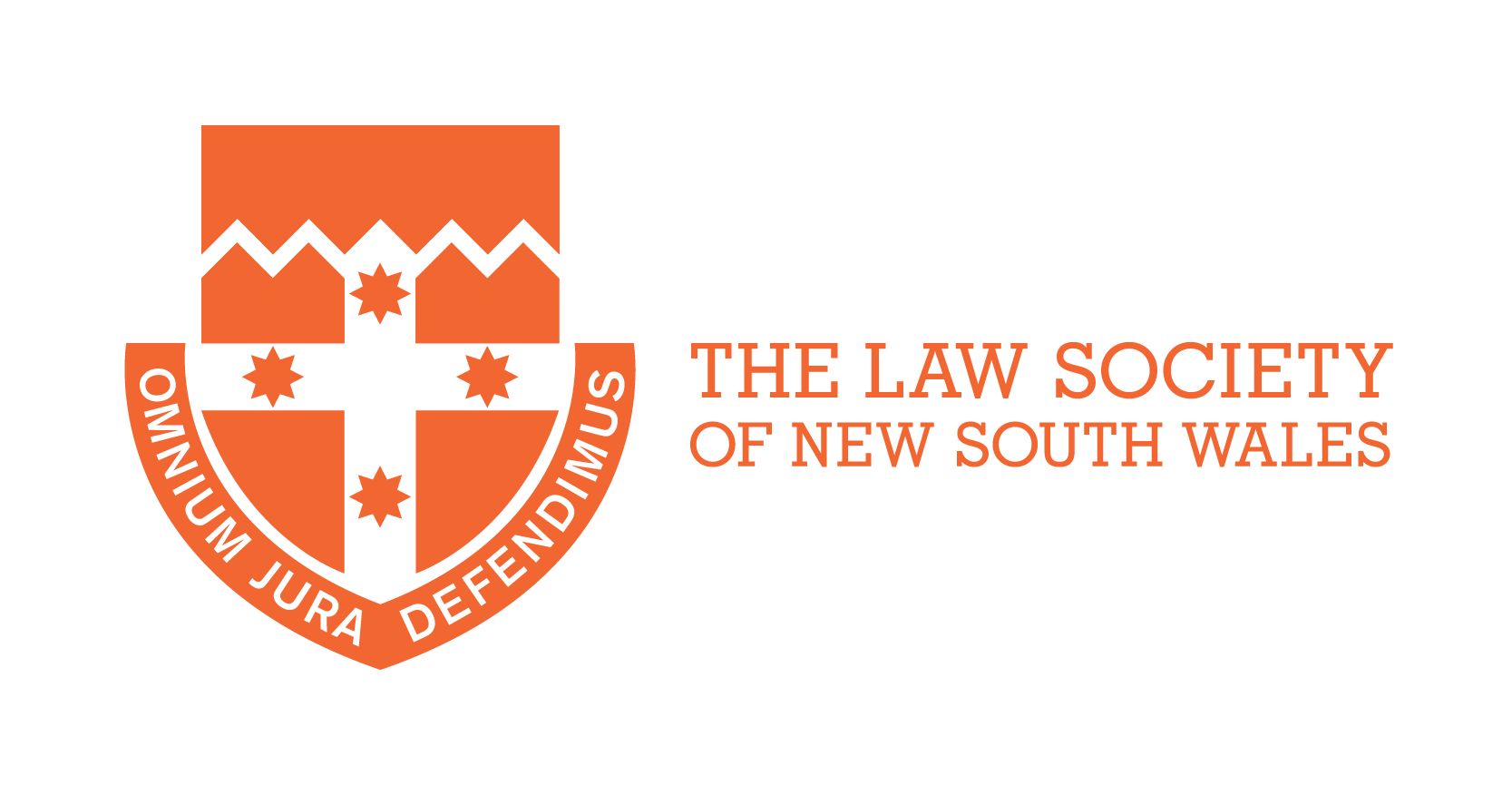

PRESIDENT'S MESSAGE | 8 SEPTEMBER 2025
When my predecessor as President, Brett McGrath, launched the Law Society of NSW’s Climate Change – Practitioner Guidance in February last year, he noted that delivering this project would help “arm our members with the best advice and support that we can”.
A month later, the Commonwealth Government introduced legislation creating a mandatory climate reporting regime that the Chair of the Australian Securities & Investments Commission, Joe Longo later described as “the biggest change to corporate reporting in a generation”.
This regime will eventually apply to almost all enterprises with two of the following three criteria: more than 100 employees, $25 million in assets, and $50 million in annual revenue. It is just one of many significant changes to climate law since the launch of our Guidance document and the annexure Advising on climate risk.
The work of our Climate Change Working Group that led to the publication of these resources has continued since then, monitoring the development of climate law and practice and its potential impact on solicitors.
I’m pleased to announce that today, the Law Society is publishing an updated guidance annexure, providing solicitors with the latest information on developments in climate law to assist solicitors to exercise their evolving duty of care to meaningfully address climate risks and associated issues in their advice to clients.
Along with a new section on the reporting regime mentioned above, this resource contains fresh or updated sections on the new Sustainable Finance Roadmap, Capacity Investment Scheme Program, vehicle efficiency standards, Future Made in Australia reforms, and the Guarantee of Origin Scheme.
The Practice Areas section has also been updated, including new information for construction and infrastructure lawyers on the adoption of circular economic principles for designated precincts.
A new section on real property transactions has the potential to affect many practices, including sole practitioners and small firms that undertake conveyancing work.
Solicitors may have a duty to consider questioning the currency of underlying information that forms part of local government policies, as they affect planning certificates annexed to the contract for the sale and purchase of land. Increased flood and/or bushfire risk may affect the affordability or even availability of insurance, which can be a barrier to obtaining mortgage finance.
As the Practitioner Guidance says:
Climate-related risks will affect most clients and nearly all areas of legal practice. For this reason, this guidance is relevant to all members of the Law Society.
I encourage all members to read the Guidance and the updated annexure. I thank the Law Society’s Climate Change Working Group, and our policy lawyers who assisted them, in developing this important work.
Jennifer Ball, President, Law Society of NSW






